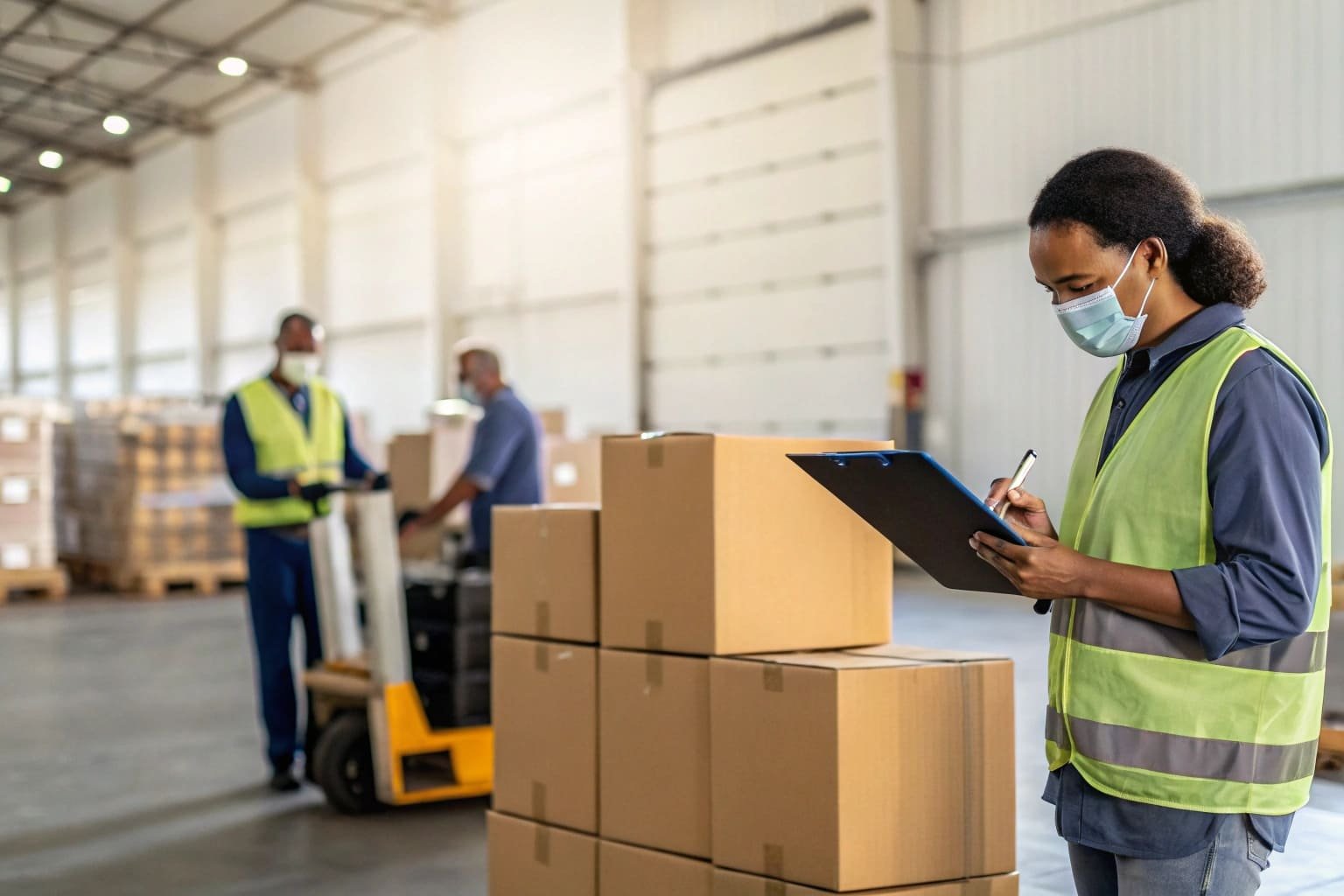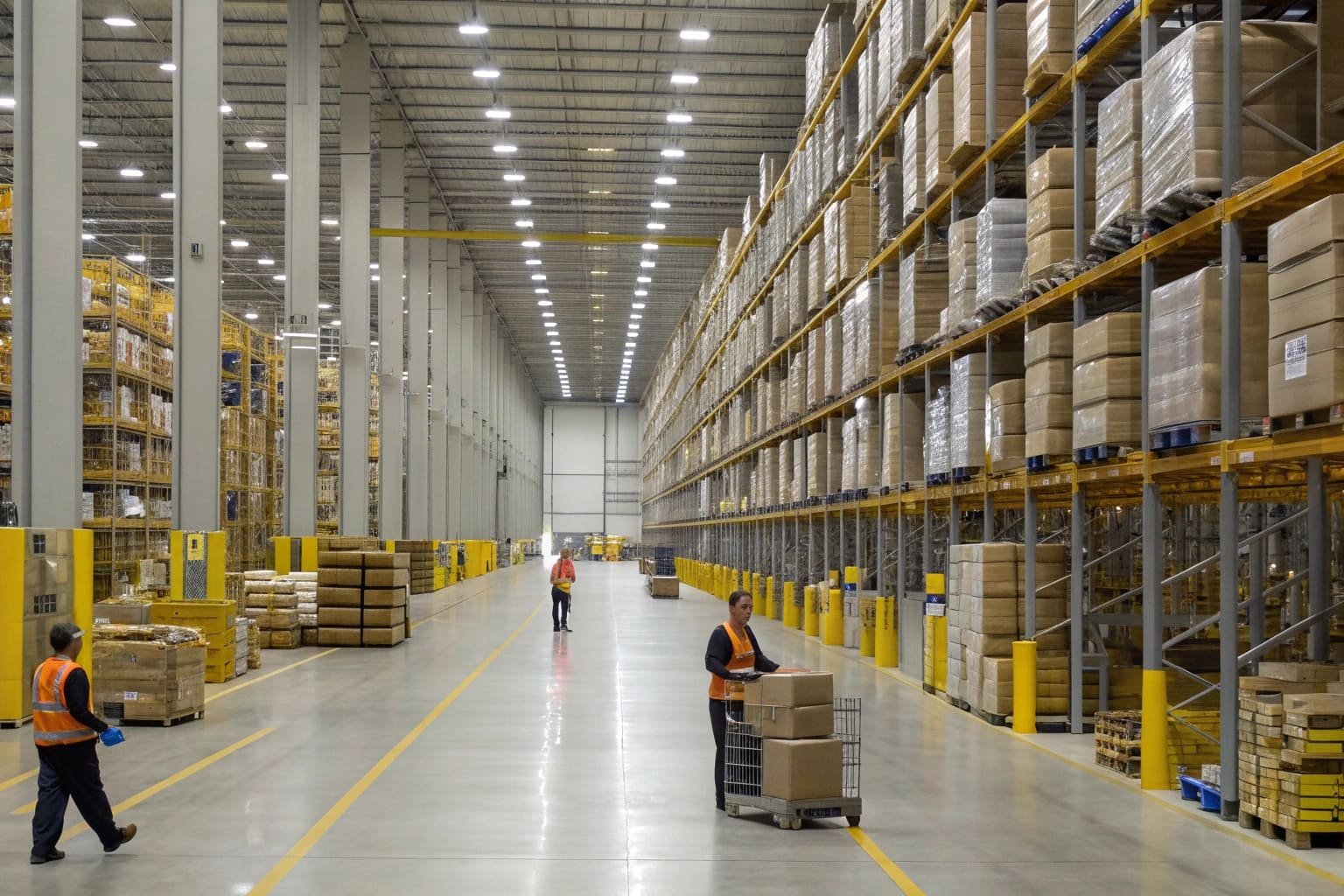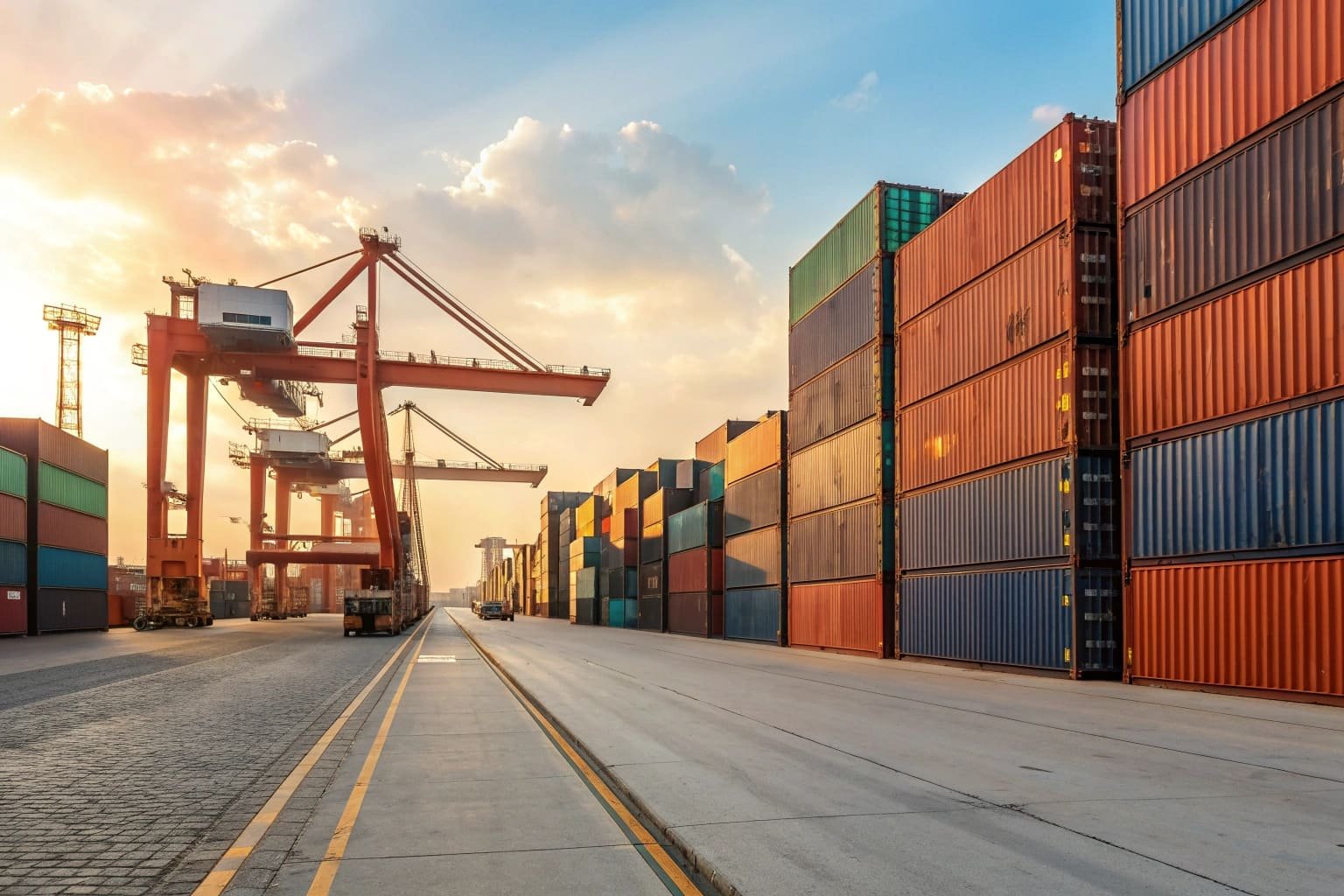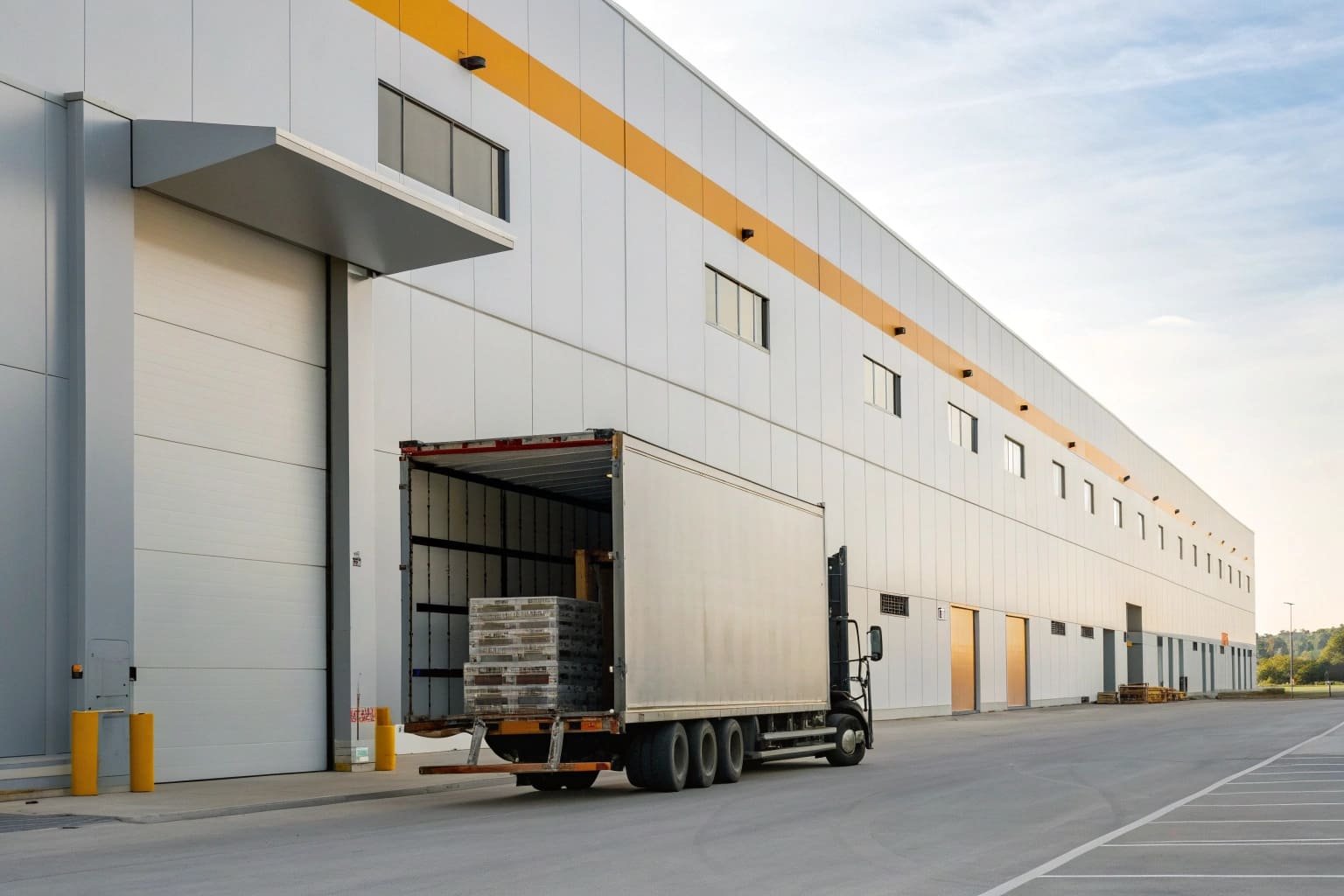Demand for e-bikes is rapidly increasing worldwide, as more eco-conscious commuters and fitness enthusiasts choose e-bikes. For importers, sourcing e-bikes from China can save costs and offer a diverse product selection. However, the import process is relatively complex, requiring several steps to ensure compliance and smooth delivery. This guide will walk you through each step—from selecting suppliers to customs clearance—helping you efficiently complete your import process.
10-Step Guide to Importing E-Bikes From China
Step 1: Research Market Demand and Understand Regulations
Identify Marketing Demand
First, understand your target market’s demand for e-bikes. Research consumer preferences in terms of design, battery life, and price; choosing models that meet these demands can enhance sales potential. It’s recommended to explore online retail platforms like Amazon and eBay for reviews or survey popular offline stores to identify which e-bike models to import.
Understand Import Regulations
Each country has different regulations for e-bike imports, with key considerations as follows:
- European Union
- CE Certification and EN Standards: E-bikes entering the EU market must have CE certification. Per the European Committee for Standardization, electrically powered assisted cycles (EPACs) must comply with EN 15194, which limits continuous output to 250 watts and requires the motor to cut off at speeds of 25 km/h.
- Battery Carbon Footprint: From 2025, EV batteries must report carbon footprints and label their performance, ensuring emissions stay below specified thresholds.
- Harmful Substance Restrictions: Strict limits apply to hazardous substances like mercury, cadmium, and lead in batteries.
- United States
- UL Testing Reports: In the U.S., e-bikes must meet standards like UL 2272 and UL 2849, focusing on battery management system safety to prevent electric shock risks during charging.
- Certification Process: Exporters must provide UL test reports to ensure product compliance with local safety standards.
- Australia
- Safety Standards in New South Wales: Starting 2025, New South Wales will implement new safety standards for lithium-ion batteries, including EN 50604-1 and IEC 62133-2, to reduce fire risks and enhance consumer safety.
- Product Standards: E-bikes must not exceed a continuous power output of 500 watts and should comply with AS 15194:2016 and UL 2849.
| Region | Power | Certificate |
| European Union: | 180W – 250W | CE,EN 15194 |
| Australia: | 200W | AS 15194:2016 and UL 2849 |
| United States: | 350-750W | UL 2272 and UL 2849等标准 |
Tips: At this stage, it’s recommended to hire a customs broker who can assist you in complying with regulations, managing documentation, and handling any complex tariff requirements. MBMLOG has a professional customs team with over 20 years of experience, effectively helping clients navigate the export customs clearance process for e-bikes. Contact us to simplify your import process and ensure fast delivery of your goods.
Step 2: Select a Reliable Supplier
Use Trustworthy Platforms
To source quality e-bikes, start with platforms like Alibaba and Made-in-China. Look for sellers with high ratings, positive reviews, and supplier certification badges, which usually indicate supplier credibility and industry standing.
Verify Supplier Credentials
After narrowing down potential suppliers, take extra steps to ensure their credentials:
- Request Certifications: Ask for relevant safety certification documents like ISO, UL (for the U.S. market), and CE (for the EU market).
- Check Business Registration: Use China’s official business registration databases to verify supplier registration details.
- Factory Visits: For large orders, consider factory visits or attend trade fairs like the Canton Fair to assess production quality and capacity.
Step 3: Arrange Product Quality Inspection
Identify Key Components for Inspection
Since e-bikes are complex, inspecting critical components is essential:
- Battery Quality: Ensure the battery meets safety and efficiency standards.
- Motor Efficiency: Check for smooth operation, durability, and efficiency.
- Brake and Frame Quality: Ensure brakes are reliable, and the frame is sturdy enough to withstand daily wear and tear.
Step 4: Calculate Costs and Finalize Budget
Shipping Fees
Shipping costs can be substantial, especially for bulk shipments, with two main options:
- Sea Freight: Suitable for large quantities, offering lower costs but longer transit times.
- Air Freight: Faster but more expensive, ideal for urgent orders or smaller quantities.
Estimate Tariffs and Taxes
Tariffs and taxes vary by country:
- United States: Generally, e-bikes are duty-free but may require state taxes.
- European Union: Anti-dumping duties may apply to e-bikes from China, along with VAT at the border.
Hidden Costs to Consider
In addition to shipping fees and duties, budget for other expenses like insurance, storage, and inspection fees to avoid unexpected costs.
Step 5: Prepare Necessary Documents
Key Documents Checklist
Work closely with your customs broker to ensure you have all required documents, including:
Product Certifications: Includes all necessary certifications, like CE and UL, for smooth customs clearance.
Commercial Invoice: Detailed descriptions of each item for customs clearance.
Bill of Lading: Lists shipping details and serves as a certificate of ownership.
Packing List: Itemizes goods to ensure transparency and accuracy.
Step 6: Arrange Shipping and Logistics
Book Freight Services
Partner with a reliable freight forwarder to arrange logistics. They will handle transportation, ensure the safe delivery of goods, and assist with customs documentation.
Plan Packaging Requirements
E-bikes require sturdy packaging to prevent damage during transit. Consider using double-layer packaging or adding custom cushioning materials to ensure these valuable items remain intact during shipping.
Insurance Coverage
Purchase transportation insurance to protect against potential damage or loss during transit. Insurance can be obtained through the freight forwarder or a third-party insurance provider.
Step 7: Clear Customs and Receive Goods
Submit Documentation to Customs
Your customs broker will submit the necessary paperwork to customs. Accurate and complete documents can speed up the process and help avoid costly delays.
Pay Applicable Duties and Taxes
Once customs calculates the duties and taxes, your customs broker will handle the payment on your behalf.
Arrange Delivery
Once customs clearance is complete, your goods can be shipped. Coordinate with the freight forwarder to arrange delivery to your warehouse or distribution center.
Step 8: Quality Control Upon Arrival
Inspect Goods
Conduct a final inspection upon arrival to ensure all e-bikes meet expected standards and have not been damaged during transportation.
Verify Product Compliance
Double-check certifications and component completeness, especially for batteries and motors, to confirm compliance with all safety and performance standards.
Step 9: Promote Your E-Bikes and Begin Distribution
Develop a Marketing Strategy
Highlight the unique features of your imported e-bikes, such as eco-friendly options, quality certifications, or cost advantages. A well-crafted marketing plan can help you stand out in a competitive market.
Build Partnerships with Local Distributors
Establish partnerships with local distributors to expand market reach. Working with distributors can increase exposure and streamline the sales process in your target regions.
Step 10: Maintain Long-term Supplier Relationships
Provide Feedback
Share feedback with your supplier on product quality, market preferences, and areas for improvement. Maintaining a strong relationship with your supplier can improve future negotiations and ensure supply chain stability.
Negotiate Future Orders
After successfully completing the first import, consider negotiating better terms for future orders, such as bulk discounts or exclusive rights to certain models, to maximize profitability.
Summary
When done properly, importing e-bikes from China can yield substantial profits. By following these steps—researching regulations, selecting reliable suppliers, conducting quality checks, managing logistics, and building market partnerships—large importers can streamline the process, reduce costs, and establish a trusted e-bike brand.






